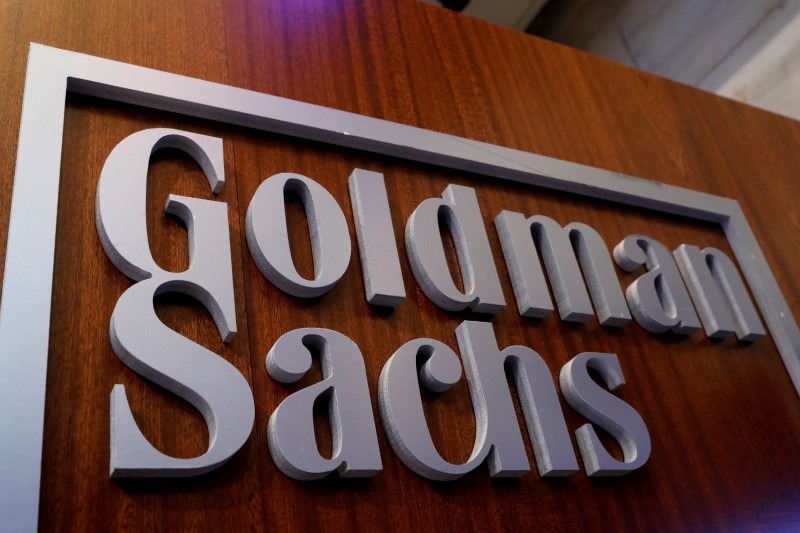

Goldman Sachs: Cyclical Stocks and ‘Animal Spirits’ to Fuel S&P 500 Rally

Image Credit: Reuters
Goldman Sachs (NYSE:GS) analysts report that investors anticipate the S&P 500 to continue its current bull market into 2025, driven by growing economic optimism and expectations of reduced regulations under President Donald Trump.
The investment bank highlighted increased confidence among equity investors, fueled by psychological factors, or "animal spirits," which are expected to propel Wall Street higher in the coming year. A recent uptick in small business sentiment has reinforced this positive outlook.
Goldman Sachs projects the S&P 500 to rise by 7%, reaching 6,500 points by the end of 2025. The bank also noted a shift in investor strategies, with a sharp move toward cyclical stocks at the expense of defensive ones. Over the past month, sectors such as technology and consumer discretionary have been the primary contributors to market gains.
Analysts observed that the strong performance of cyclical stocks relative to defensives suggests the market is pricing in real GDP growth exceeding 3%. Low implied volatility in equity options has further supported this trend, keeping the cost of both high-upside exposure and downside protection affordable, enabling greater participation in futures and options markets.
However, Goldman Sachs cautioned that stretched stock valuations could pose a risk. Valuation disparities have reached levels not seen since 2021 and the late 1990s tech bubble. While investor sentiment remains upbeat, it is uncertain whether this alone will sustain further market growth.
The bank also predicts a 25% increase in dealmaking activity in the coming year, supported by looser financial conditions, regulatory easing, and greater CEO confidence. Trump's appointment of Andrew Ferguson as Chair of the Federal Trade Commission is seen as a potential catalyst for mergers and acquisitions, as Ferguson is expected to take a more business-friendly stance while maintaining some antitrust oversight of major tech firms.
Trump's administration is anticipated to roll out expansionary policies and reduce regulatory scrutiny in sectors such as artificial intelligence and cryptocurrencies. However, his protectionist trade and immigration policies could elevate inflation risks. Plans to impose significant tariffs on Chinese imports could ignite a renewed trade conflict with Beijing, adding uncertainty to the economic landscape.
Paraphrasing text from "Investing.com" all rights reserved by the original author.
